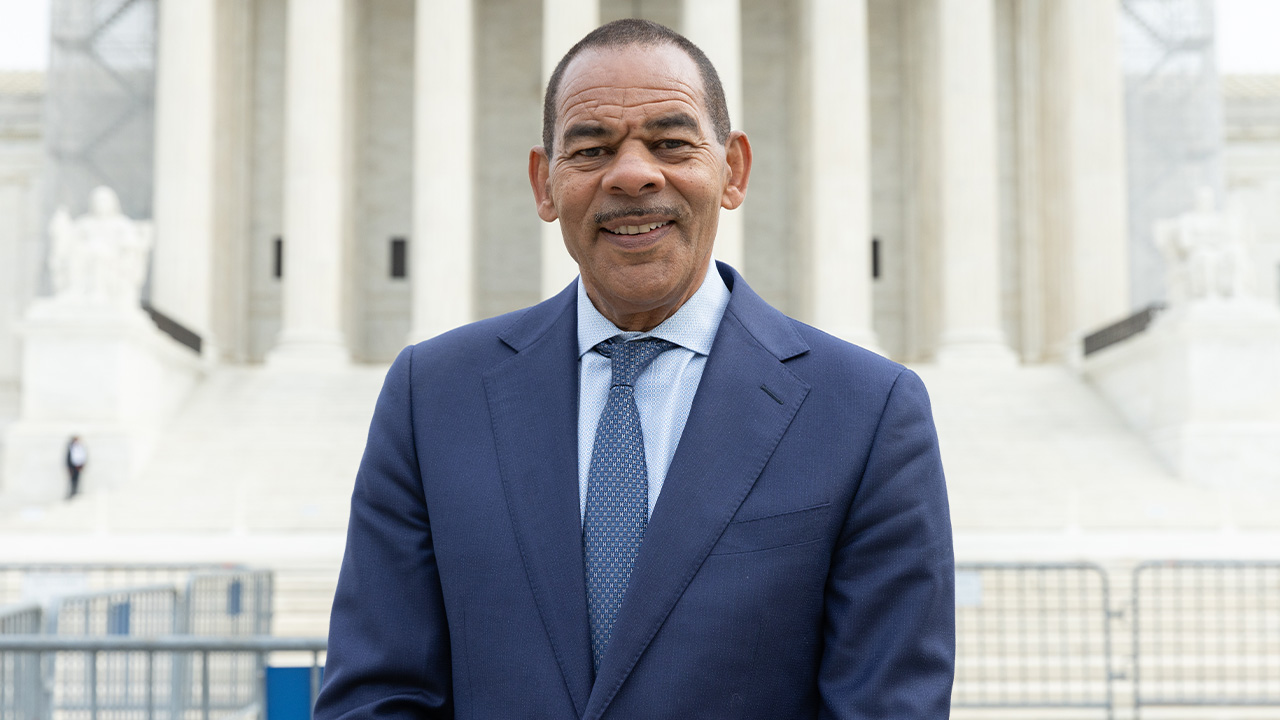By James D. Silver and Andrew Kamensky
These are unprecedented times. Several nations are on lockdown, social distancing is the norm, and the financial markets are in turmoil as both individuals and businesses deal with the impacts of the coronavirus pandemic. This economic chaos will lead to reduced profits, less capital investment and layoffs. Bankruptcy may be a viable option to help these companies survive.

As discussed later in this article, Congress, recognizing the devastating impact on many small businesses, has included a special provision in the new law enacted in response to the pandemic that increases the number of businesses that will be able to take advantage of a new more streamlined bankruptcy reorganization for small businesses—one that not only reduces expense and red tape, but also makes it more likely that the small business will be able to successfully reorganize.
Although a bankruptcy filing has a negative stigma, for decades numerous public and private companies across many industries experiencing financial problems have successfully reorganized their businesses in Chapter 11 cases during difficult economic times. In a Chapter 11 case, a debtor may be able to restructure its business by reducing debt, obtaining financing, resolving expensive and time-consuming litigation, and rejecting burdensome contracts and leases. Yes, a Chapter 11 bankruptcy filing could be an opportunity to save a company, preserve jobs, and provide a return to equity.
Bankruptcy is not a magic wand that can save each and every business. Rather, it is a well-recognized legal tool that can tip the scales in favor of a struggling business and afford it an opportunity to be successful. A successful Chapter 11 case that provides a debtor with a fresh start requires careful preparation. One of the primary concerns in most Chapter 11 bankruptcy cases is cash flow. If there is a cash shortfall, which is common in bankruptcy, the debtor may need to obtain debtor-in-possession financing. Such financing is often attractive to lenders who are granted special protections.
Some of the advantages of filing for Chapter 11 bankruptcy include:
- Business can continue to operate while formulating a plan to pay off debts. This means that the business name, goodwill, and customer base are not lost—referred to as “preservation of going-concern value.”
- Chapter 11 plan can discharge debtor’s debts and allows debtor to partially pay back unsecured debts rather than in full.
- Automatic stay allows a debtor to take a deep breath, prohibiting creditors from collecting on debts. This injunction immediately stops all lawsuits, foreclosures, repossessions, bank levies, wage garnishments, and other collection activities.
- Freedom to restructure secured debts where payments can be lower and spread out over a longer period of time.
- Ability to reject unprofitable leases and contracts, and cancel the debtor’s obligation to perform thereunder.
- Ability to avoid and recover certain bank levies, lien notices, and transfers of estate property that occurred prior to the bankruptcy filing.
- Temporary deferral of making certain rent or debt installment payments.
- Sell property free and clear of liens and interests.
- Extend payment of unsecured tax debts for up to five years.

Finally, the Small Business Reorganization Act of 2019 (SBRA), which took effect on February 19, 2020, has added a new subsection to Chapter 11 of the Bankruptcy Code, creating a faster and less expensive reorganization path for small business debtors—and one that makes it more likely that the business will be able to successfully reorganize.
Prior to Congress’ March 27, 2020 passage of the Coronavirus Aid, Relief, and Economic Security Act (CARES Act) in response to the pandemic, to be eligible, a debtor’s total debts must have been less than $2,725,625, with at least one-half of the debt coming from business activity. In a critical change designed to allow many more businesses to take advantage of SBRA, under the CARES Act, Congress has nearly tripled the debt limit from $2,725,625 to $7,500,000. Congress may have included this provision as a bailout of sorts for small businesses dealing with the devastating economic impact of the pandemic. However, this increased debt limit will only be in effect for one year. Therefore, the newly qualifying businesses must use it or lose it. Only the small business debtor may file a Chapter 11 plan, with the debtor filing its plan within 90 days from the date it files its bankruptcy petition.
James D. Silver and Andrew Kamensky are Partners at Kelley Kronenberg, P.A. in Fort Lauderdale, and handle matters related to business bankruptcy and commercial litigation. If you have questions, text James Silver at 954-281-7970.















